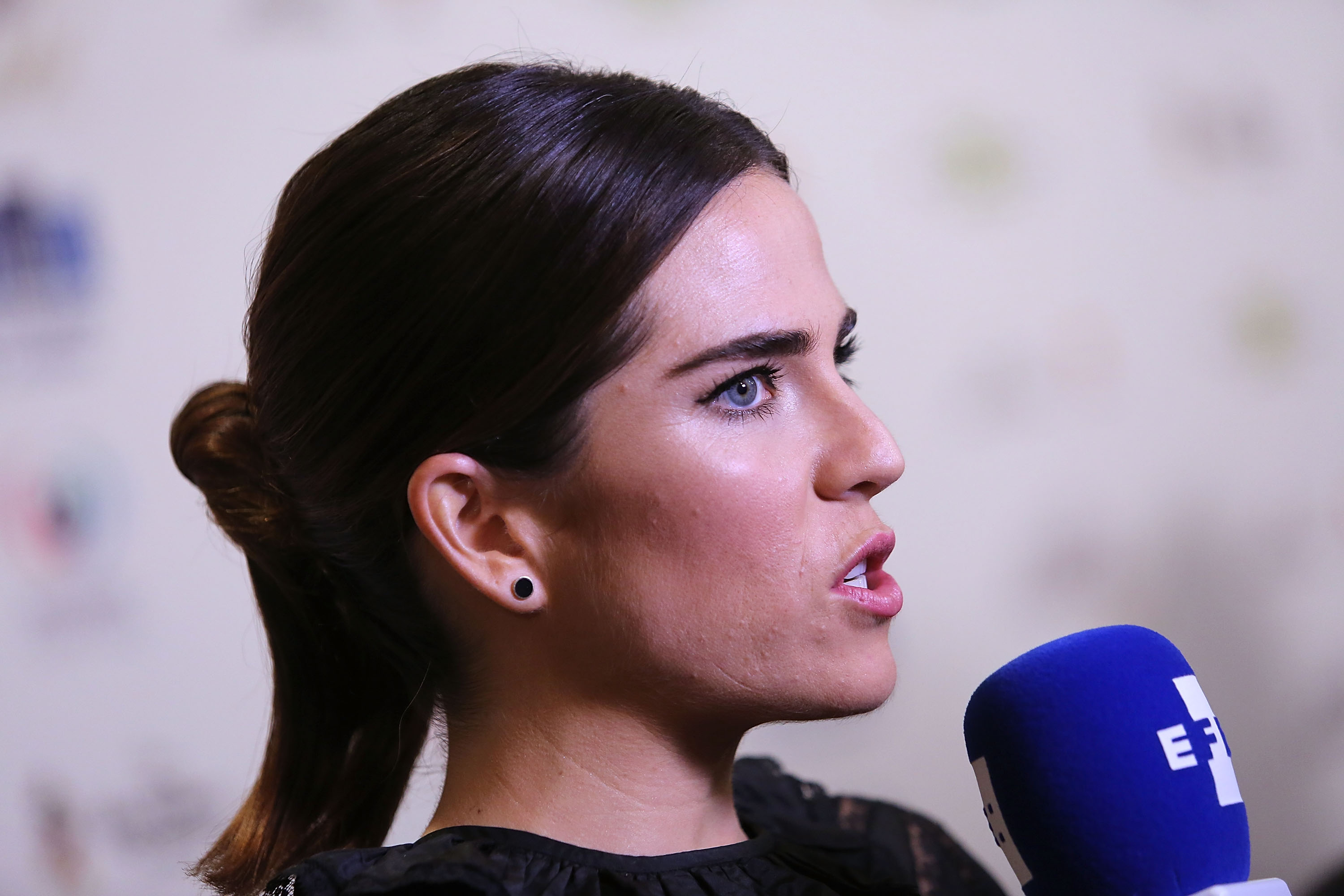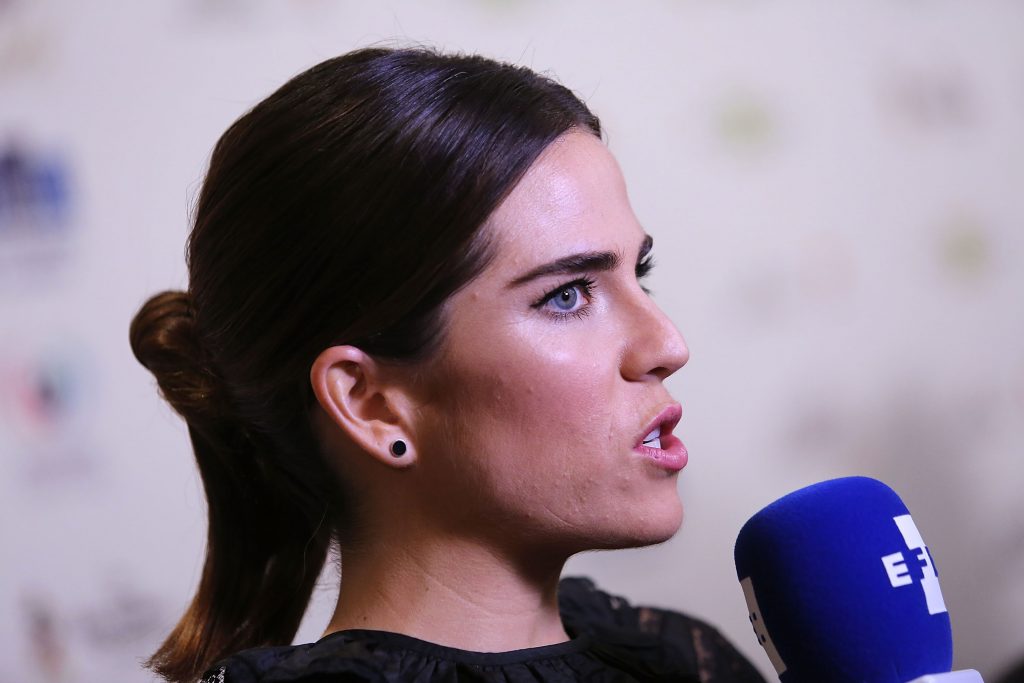The #MeToo movement shows no signs of slowing down. Just this week, Mexican actress Karla Souza – best known to American audiences as part of the ensemble of How to Get Away with Murder – talked at length with CNN en Español about a string of abusive events at the hands of a famous director when she was first starting out. After the segment with journalist Carmen Aristegui aired, Televisa severed ties with the director that Souza left unnamed in her interview. In a statement on Wednesday, the Mexican network stated that “following the public accusations about sexual abuse from actress Karla Souza, and after a preliminary investigation, Televisa has decided to immediately sever its (working) relationship with Mr. Gustavo Loza.”
“Mr. Loza is not an employee of Televisa,” the statement read, “but has collaborated with the company on projects over the years. We want to express our solidarity with Karla Souza and our goodwill disposition so that the legal process has the appropriate consequences. Televisa will not tolerate behavior like the one reported.” For his part, the ¿Qué culpa tiene el niño? director (which starred Souza) denied the allegations via Twitter all the while condemning the behavior described by his leading lady.
Holding back tears and even struggling to find the right words to describe her experience, Souza walked Aristegui through the various ways this “very powerful director” groomed her, complimenting her often and making her feel like he was on her corner, constantly fighting for her within the industry and on set. “I’m the guy who’s sticking up for you,” she remembered him telling her. “You know, you’re not quite well-known yet, but I just know you’re talented and you’ll be able to show what you’ve got.” That made her feel like she owed him so that when he began coming into her hotel room late at night to talk about upcoming scenes, and later still began being more forceful in his demands, she felt she couldn’t deny him even as he lashed out and humiliated her when she rebuffed him.
“I ended up letting him kiss me,” she admitted, “letting him touch me in ways I didn’t want to be touched and in one instance he became aggressive and, yes, raped me.” Souza’s story sounds all too familiar given the number of similar anecdotes that have been shared by women these past few months in the wake of the #MeToo movement, even if they have sadly been going on for much longer. Her experience, especially as a young up and comer proves just how ingrained some of this behavior remains. Televisa’s swift actions, at least, offer hope that a zero tolerance policy is starting to feel more and more like the norm and not the exception when it comes to dealing with sexual harassment on sets on both sides of the border.




